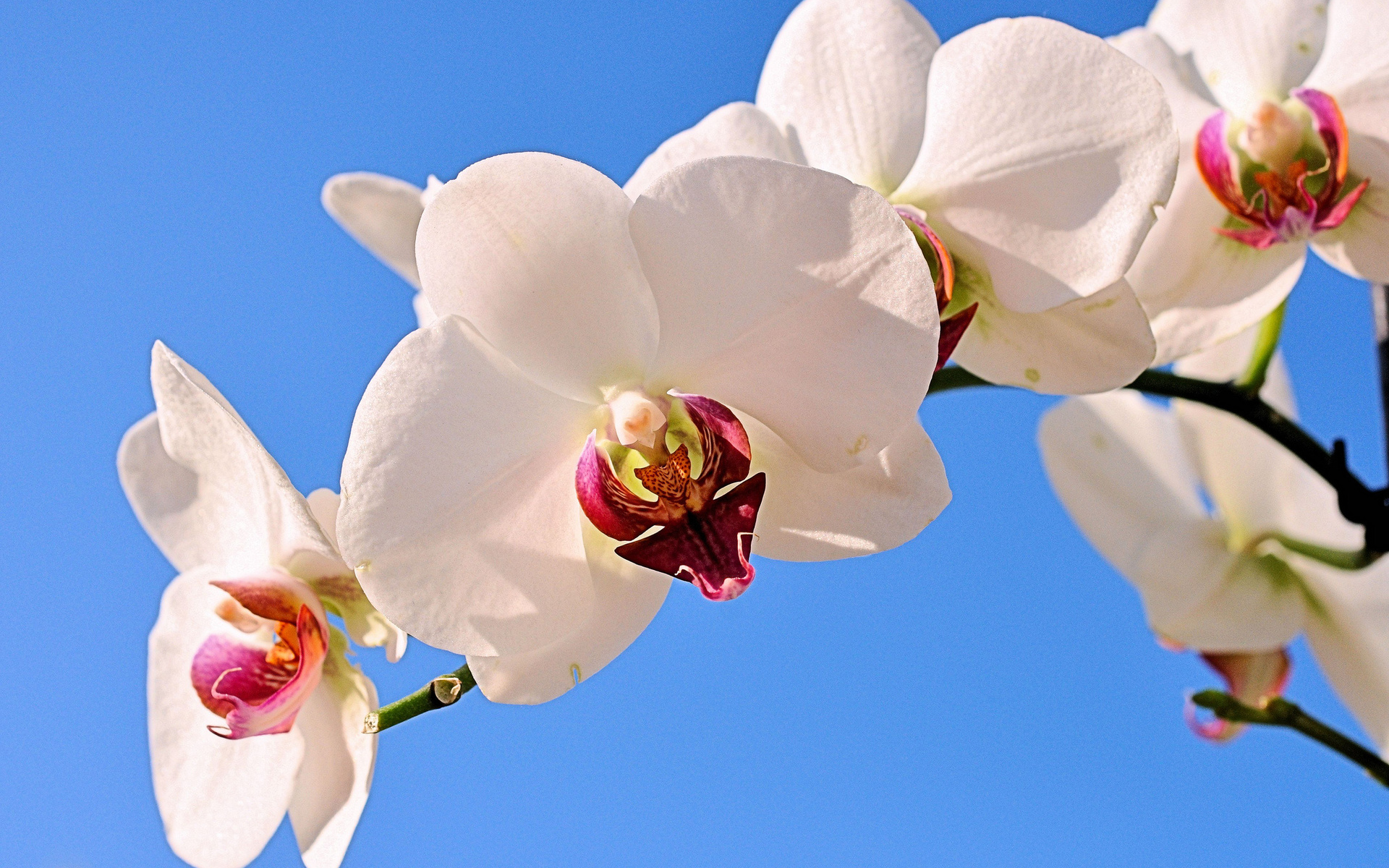吉日格怎么用英语写★🌟 如何用英语表达‘吉日格’?探索地道翻译技巧 🌟
- 作者: 网络投稿
- 2025年05月28日 05:23:02
Hey there, fellow seeker of the mystical and the meaningful! As a seasoned风水大师 with over two decades of experience, I've seen and done it all in the realm of feng shui. Today, I'm diving into a topic that's close to my heart: how to express "吉日格" in English, which translates to "auspicious day grid." Let's unravel this fascinating piece of feng shui jargon and explore its many layers, shall we?
Understanding 吉日格 (Jì Rì Gé)
First things first, what is a 吉日格? In feng shui, a 吉日格 is a specific arrangement of time and energy that is considered highly auspicious for certain activities. It's like a cosmic green light for starting new ventures, getting married, or even moving into a new home. Now, let's translate this gem into English and delve into its nuances.
Translating 吉日格 into English
When we talk about 吉日格 in English, we have a few options. Here are a couple of ways to express it:
- Auspicious day grid
- Lucky day grid
- Favorable day grid
Each of these translations captures the essence of 吉日格, but let's break them down further to understand their subtle differences.
Auspicious Day Grid
This translation emphasizes the positive and beneficial aspect of the day. It's like saying, "This is a day where good things are bound to happen!" 🌟
Lucky Day Grid
Lucky has a more casual and informal vibe. It's like saying, "This day is going to be our lucky day!" 🍀

Favorable Day Grid
Favorable has a more neutral tone. It suggests that the day is suitable and well-suited for the intended activity. Think of it as, "This day is favorable for our plans!" 🌈
How to Use 吉日格 in English
Now that we've got the translation down, let's see how we can use it in a sentence or two.
Example 1: "According to the feng shui master, today is a highly auspicious day grid for us to start our new business venture."
Example 2: "We've been waiting for a lucky day grid to get married, and this is it!"
FAQs about 吉日格
What is the significance of a 吉日格 in feng shui? A 吉日格 is a time and date that aligns with positive energy and auspicious factors, making it an ideal day for important events and activities.
Can a 吉日格 be used for anything other than big events? Absolutely! A 吉日格 can be used for anything from buying a house to starting a new fitness routine. It's all about harnessing positive energy.
How do I find a 吉日格? You can consult a feng shui expert or use specialized software to determine auspicious dates and times.
The Science Behind 吉日格
So, how does feng shui determine auspicious days? It's all about the interplay of celestial and terrestrial energies. Here's a quick breakdown:
- Celestial Factors: The positions and movements of the sun, moon, and planets are taken into account.
- Terrestrial Factors: The specific location of the event and the time zone are also considered.
The Art of Choosing a 吉日格
Choosing the right 吉日格 is like a game of cosmic chess. Here are some key considerations:
- Activity Compatibility: Different activities require different types of auspicious energy. For example, a wedding requires love and harmony, while starting a business requires wealth and prosperity.
- Personal Elements: Your personal elements (based on your birth date) can also influence the auspiciousness of a date.
- Location: The geographical location of the event plays a role in determining the auspiciousness of a date.
The Cultural Aspect of 吉日格
It's important to note that the concept of 吉日格 is deeply rooted in Chinese culture. While it may not be as widely practiced in Western societies, it's fascinating to explore how ancient wisdom can be applied to modern life.

Conclusion
In conclusion, the "auspicious day grid" is a fascinating concept from the world of feng shui. Whether you're a believer or simply curious, understanding the concept and how to express it in English can add a layer of depth to your knowledge of this ancient practice. So, the next time you're planning an important event, consider the idea of a 吉日格 and see if it can bring some positive energy your way. Happy planning! 🎉





